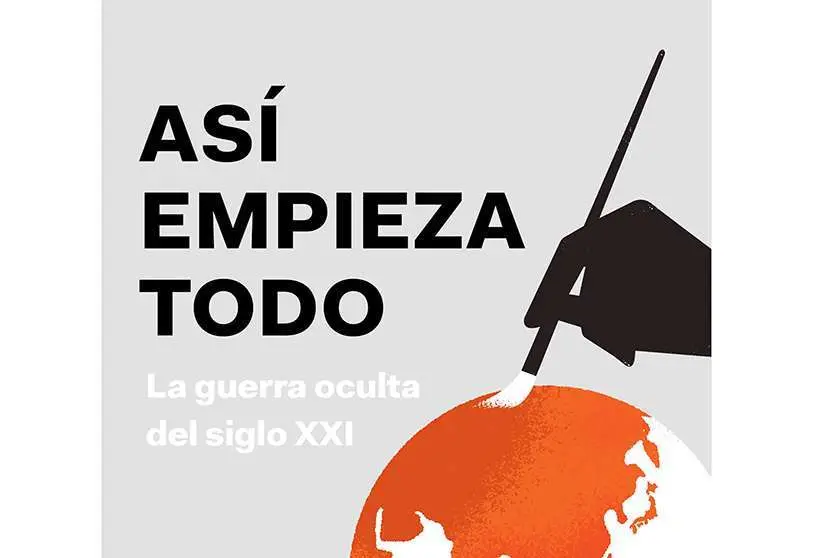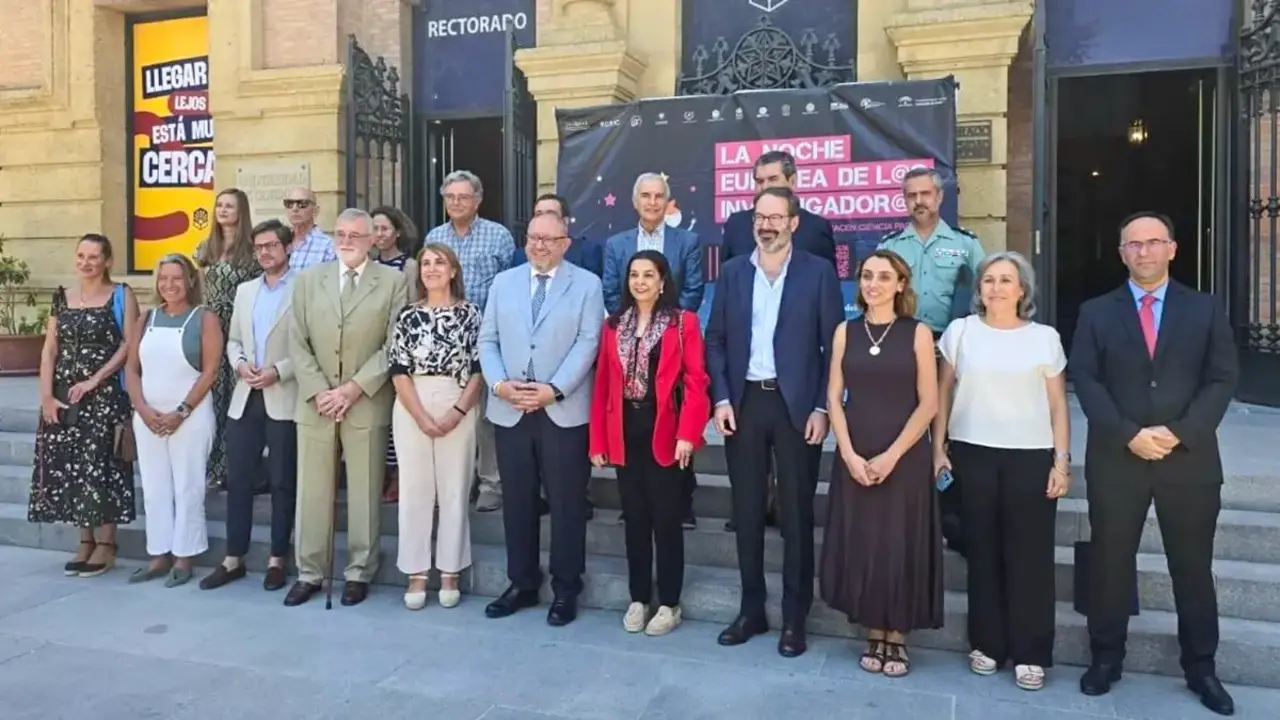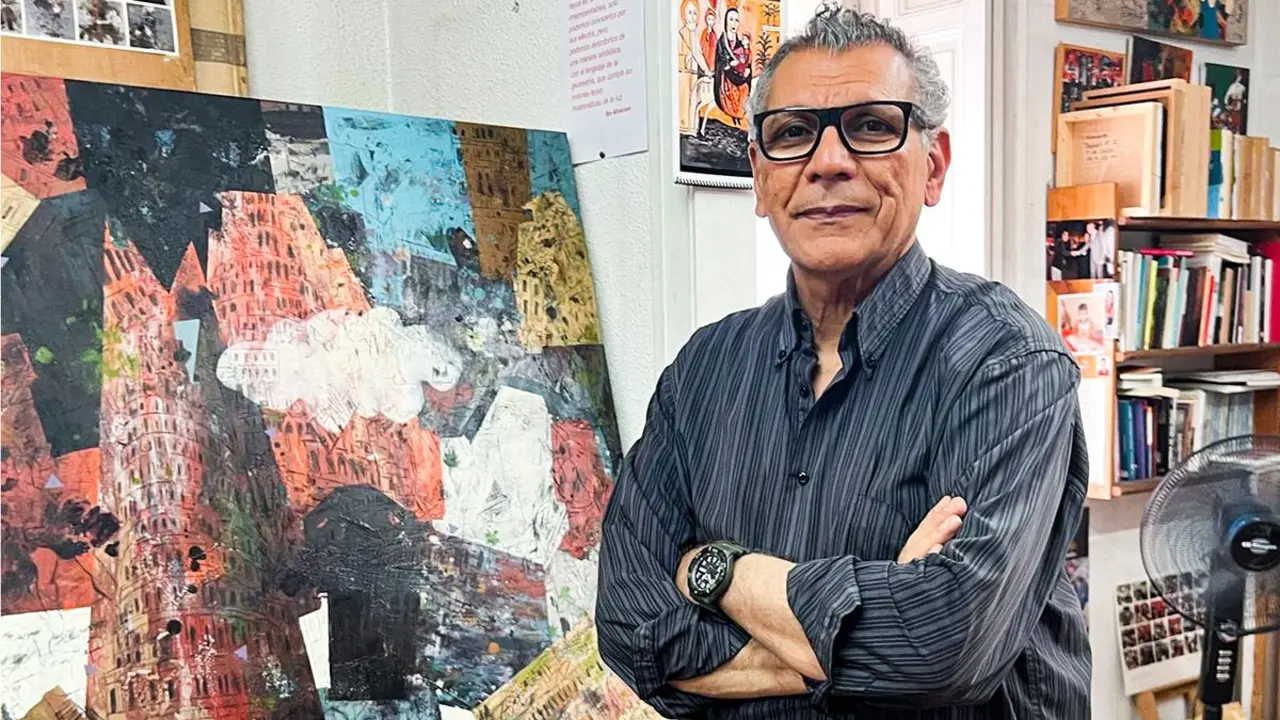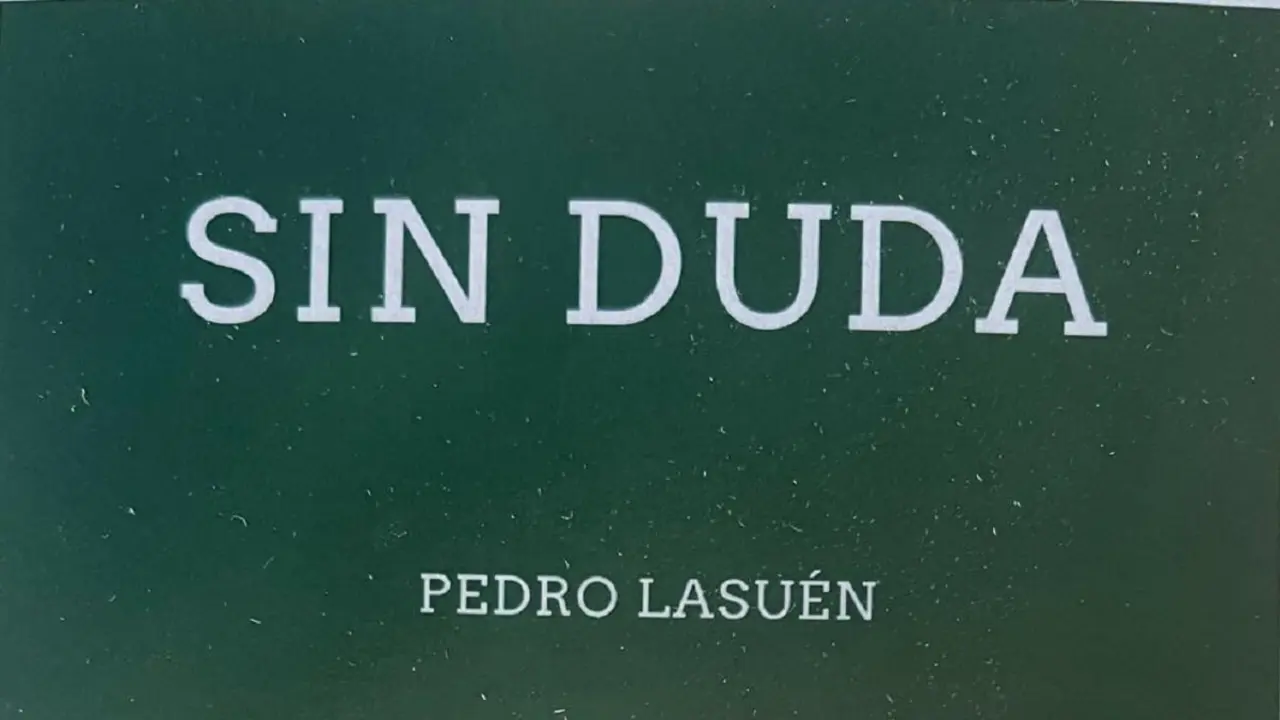The decline of Western legitimacy

Esteban Hernández writes in 'Así empieza todo' that, if the United States had had a leader other than Roosevelt after the Second World War, the panorama of the resulting world order after the war would have been very different.
For while we may strive to sing the mantra that history is cyclical and that everything tends to repeat itself, the fact is that people, and even more so our leaders, have a profound influence on history, although this does not make for better results.
Thus, interweaving history with current examples and reviewing a wide variety of topics, from Greek myths to the coronavirus pandemic, Hernández presents us with even-handed situations in which mistakes have tended to be repeated and have drawn the political, economic and social situation of some countries, separately, as well as of the globe as a whole.
The author gives as an example the Cuban missile crisis and the coronavirus pandemic. In the first of these events, he relates how American society, the army and the high commands were inclined, apparently without remedy, towards a conflict with Russia. "The war was about to break out, so fleeing the conflict was worse. The difference between Kennedy and Khrushchev was that they avoided the conflict.
However, security paranoia has been a constant throughout the history of international politics. The clearest examples have been the Soviet leaders, shielding themselves from any unexpected external movement and distrusting the rest of humanity to the point of madness.
But it is not necessary to go back to the USSR to find disproportionate decisions due to fear of external agents; Trump's wall against immigrants, Gaddafi's expulsion or the overreaction to the 2008 crisis are examples close enough to the reader.
Something similar, he explains, happens to the immune system with the worst situations of the COVID-19. "The disproportionate reaction of the immune system generates a cytokine storm that causes inflammation in the lungs, making it even more difficult for the patient to breathe.
"The disproportionate reaction of the immune system generates a cytokine storm that causes inflammation in the lungs, making it even more difficult for the patient to breathe. Far from falling into denialist arguments, the author perfectly illustrates how a potential danger, if unknown, is doubly dangerous.
Hernández goes one step further and states that "the current trade war between China and the United States is the result of growing hostility between the two powers with the certain risk, in the medium term, that the horizon of all these tensions will be a real war".
With statements such as this, the reader is provided with an absorbing guide to how society and the world work today, how we have reached this point and, ultimately, the fragility of the world order. The author draws us, in a way that has nothing to envy from other references such as 'The Diversity Trap', 'This is how you dominate the world' or 'Why countries fail', an international scenario that is more than convulsed.
The case of China is particularly relevant, in Hernández's view, "an obvious consequence of the 'folly'" (or stupidity) of the West. According to the author, Western countries made two major mistakes in this respect: "encouraging the Asian country to become the factory of the world" and "leaving in the hands of others everything that had made the West strong" such as work, technology and resources.
Now, with a giant that has overwhelmed its competitors in the technological race and is positing itself as one of the world's power centres, what remains for the rest is to deny the biggest and try to undermine the opponent. It is the perfect end of David against Goliath.
But the hidden war of the 21st century was not going to take place between nations, argues Hernández, but the main confrontation is "underground" and we are living it between the financial and productive spheres. The former encompasses the majority of the population, people who work in exchange for remuneration or, if they cannot, receive a benefit from the state. The latter intermediate in the capital with astonishing wealth and "detachment from common bonds," according to Hernández.
As the author rightly says, one only has to go back to the 2008 crisis to see that the former are the big losers and the latter the captains of the ship in a kind of tax partnership that would make Karl Marx turn in his grave. Capital has given way to the stock market, with inflated values based on generating expectations and a seriously damaged productive economy. The real has won out over the fictitious. And that is without counting the cryptomoney.
Thus, the author assures that the coronavirus crisis has only been one more example of this trend. "In the COVID-19 crisis the bailouts have gone to large indebted companies, too strategic to fall, whose salvation benefited shareholders and bondholders much more than the economy itself; while the difficulties of workers and SMEs in accessing aid were much greater".
The stock market indices have not reflected the social rethinking that arose from the confinement around the way of life and which examined what people really needed. It has soon been forgotten that there was little point, in the worst of confinement, in having a bank account in astronomical figures if the supermarket was left without toilet paper.
Hernández concludes that, in agreement with a large part of society, Western countries have "the need to make changes" and alludes to a "feeling of stagnation and fatigue in the system" which, in his opinion, "must be reversed through reforms".
In this respect he argues that such demands already existed before the fateful March 2020 and that, in any event, the pandemic has "added a degree of urgency" to them. The fragilities of globalisation have been brought into focus and the lack of response capacity on the part of the powers that be has increased, even more so, the gap with citizens.
"This is particularly worrying insofar as the essential aspect of Western legitimacy on which their moral superiority was based was clearly cultural: the identification of Western citizens with existing values".
As Hernández's work becomes a bedtime reading for the general public and a reference for international political scientists, we will see how it all ends and whether there is room for the transformations that await us to give rise to a fairer global whole. Hernández states: "It is the future that is at stake, so instead of investing to save the holes of the old system, it would be much more convenient to refocus it towards a more modern, balanced and sustainable horizon".








